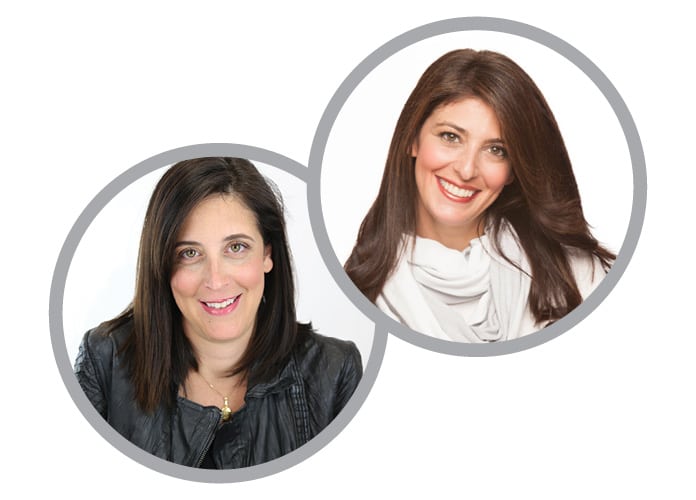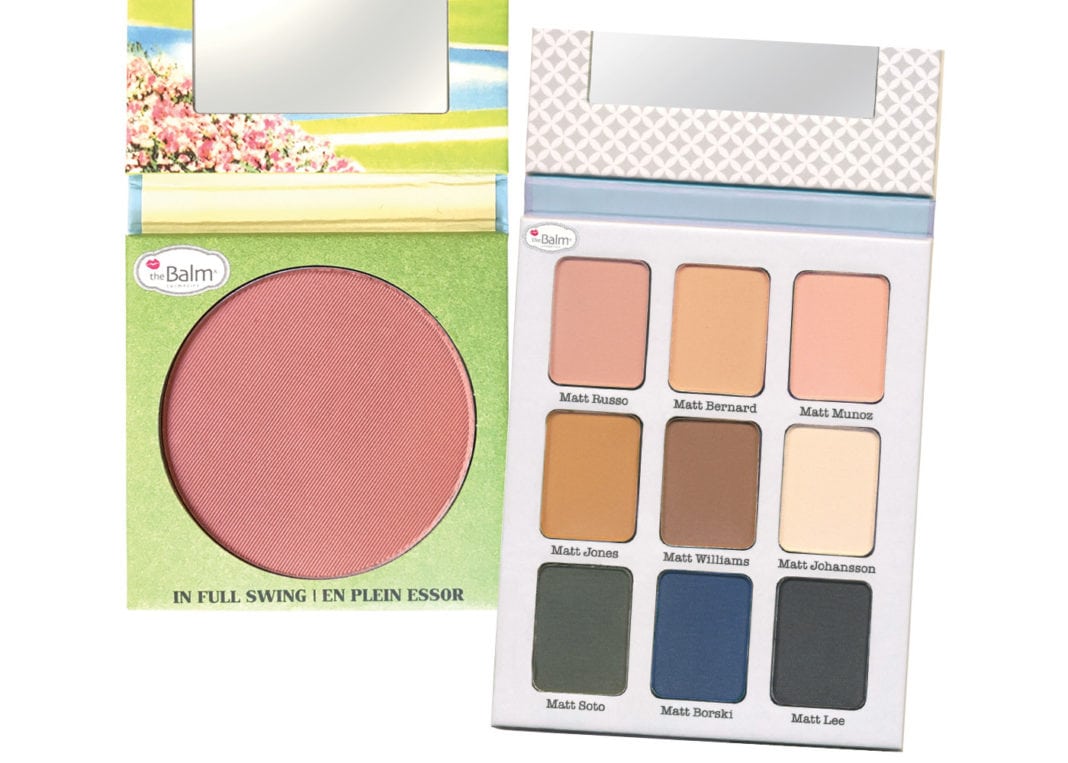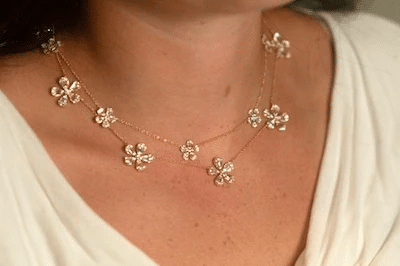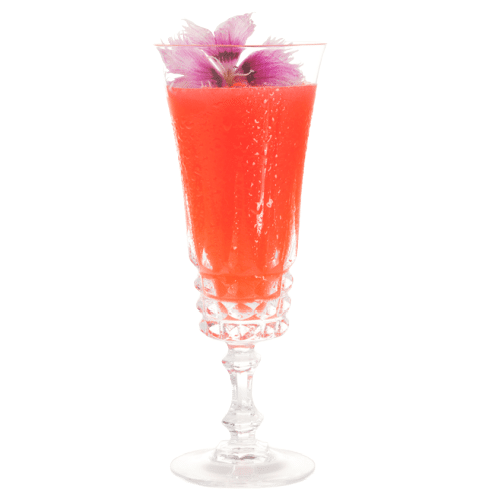When Marissa Shipman had trouble getting a job in the beauty industry, she launched theBalm. Today, her products are sold in 106 countries and in 3,000 stores, including two of their own—one in San Francisco, and a new one on Bedford Street in Stamford, CT. Shipman, CEO, and her sister, Jordana, executive vice president, talked to us about building a company by women, for women.

How did theBalm come about?
Marissa: I initially started making products in my kitchen and learned by hit or miss. I started with my first product, Plump Your Pucker, in 2004.
I ended up putting it into a few stores like Henri Bendel, Fred Segal and Kitson in Los Angeles, [CA] and Cher bought it and it ended up [being featured] in InStyle. The company pretty much started from that.
What was your vision for your business?
Marissa: The cornerstone of the brand is women’s empowerment. For example, we had this boy product series…they were called Down Boy, Cabana Boy, Frat Boy, and inside [the packaging] was the phrase, “So many men, so little time.” We had also have the Mamas…Bahama Mama, Hot Mama and Sexy Mama. Then we launched the luminizer, with names like “Mary-Lou Manizer,” so instead of a womanizer, she’s a manizer. Women don’t necessarily get ready for a man, we get ready for ourselves.
Your products are cruelty-, talc- and paraben-free. Why is that important
to you?
Marissa: You have to be socially aware of the people who are using your products. You don’t want to inhale talc or have parabens in your body. Being cruelty-free is a personal thing. I’m a big animal lover and I don’t wear fur and I don’t think that we should ever do anything to harm them. We’re actually moving now toward sustainable palm oil. It’s just what you should do.
To what do you attribute theBalm’s success?
Marissa: I see “No” as a jumping off point. I don’t take no for an answer unless it’s the right one. For instance, people told me I couldn’t have a nursery in our office, but we have a bunch of women working with us and you need a nursery because people have children. So we figured out a way [to do it.]
What advice do you give people starting their own business?
Marissa: I tell them that 1) it takes a while, 2) if you really have an idea that you’re passionate about, you have to see it through.
What’s it like working with family?
Jordana: Our father is partners with Marissa. He was retired for 17 years and had made and sold his own business [that manufactured ladies clothing]. You can be honest with family and speak your mind whether or not they agree. You’re listened to, and I know that somebody has my back all the time.
Do you ever argue?
Jordana: All the time [laughs]. Our jobs are very different and our talents are different. Marissa is so amazing and creative. Whereas, I am much more about logistics. But we complement each other.





